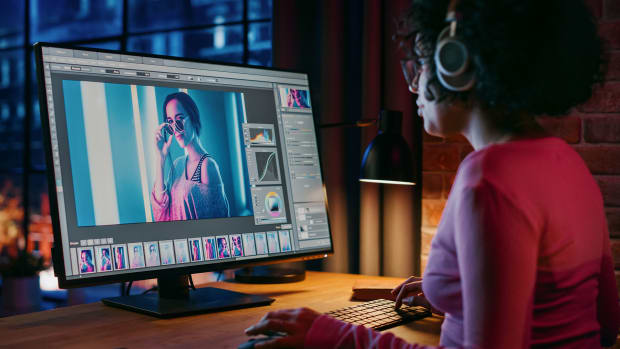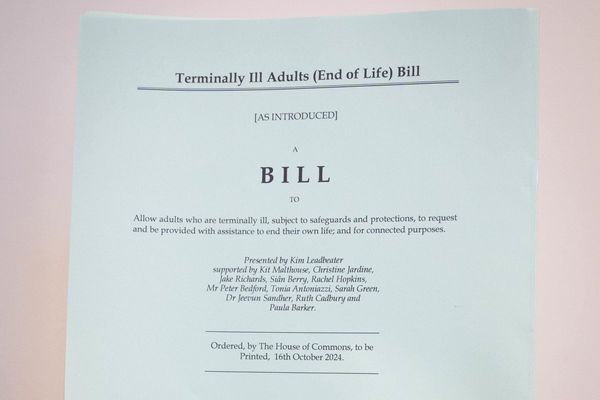
Artificial intelligence (AI) has become a hot-button issue over the last year. The technology is being put to all kinds of new uses, like personalized shopping, fraud prevention, voice assistance, and more. As is the case with many technological advancements, ethical concerns can arise, especially when you're talking about automation and content creation.
For example, earlier this week, it was revealed that CNET had published articles written by an AI engine with the byline "CNET Money Staff." With any kind of automated content creation, there's always an initial concern that AI generation will eliminate jobs for creators. But if you're nervous that generators will replace your favorite journalists, don't worry. The AI-generated articles on CNET made some mistakes. The nuance of interest payments, for example, didn't make it into the programming.
Real human writers may not have much to fear about the rise of AI engines just yet. But AI-generated digital art has been causing controversy with the rise of art generators like Lensa, Stable Diffusion, and others. Real-life artists quickly noticed that AI generators were mimicking their styles, meaning that generators were making a great deal of money using their work as a free springboard. In response to the growing trend, some artists are pursuing legal action.

Getty Images
Adobe Denies Feeding User Content to AI Generator
A few weeks ago, Twitter users began to ask if Adobe (ADBE), the creator of digital editing software like Photoshop and Premiere, was using data collected by users to fuel generative AI services. The speculation came after an open-source graphics software group drew attention to a line in Adobe’s terms of service. The line reads, "Adobe may analyze your content using techniques such as machine learning (e.g., for pattern recognition) to develop and improve our products and services."
On Tuesday, the company responded to the rumors in an interview with Bloomberg. Adobe’s Chief Product Officer Scott Belsky said that the company has “never, ever used anything in our storage to train a generative AI model.” Belsky did reveal what the data is used for, though. Specifically, Adobe analyzes user data and content for opportunities to improve features. Belsky promised that the company would be updating policies soon. “We are rolling out a new evolution of this policy that is more specific,” he said.
Adobe using content for AI generation isn’t out of the question. When and if the company decides to use the popular new technology, it will be purely voluntary for users, insists Belsky. “If we ever allow people to opt in for generative AI specifically, we need to call it out and explain how we’re using it."
AI Generation is On the Rise
As the public becomes more aware of the rise of AI generated content, the laws surrounding ownership and licensing may need to adapt. And there's no time like the present to be having these conversations, because the artificial intelligence industry is only getting bigger. According to IBM, more than a third of businesses used AI technology last year. In independent and small business circles, the use of AI services is a groundbreaking way to accomplish more with less time, money, and energy. While AI generation is still in its early stages, conversations about content ownership may come to the fore in the near future.







